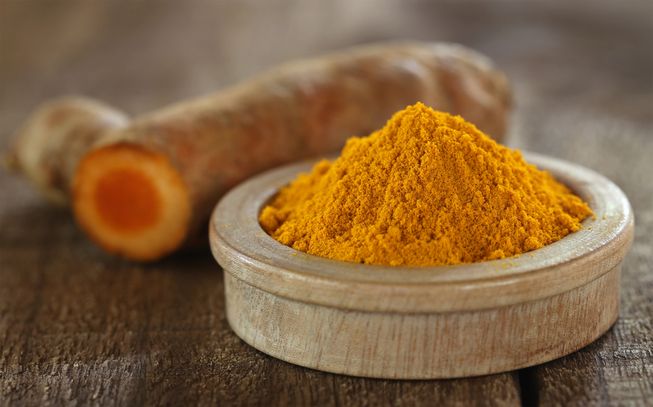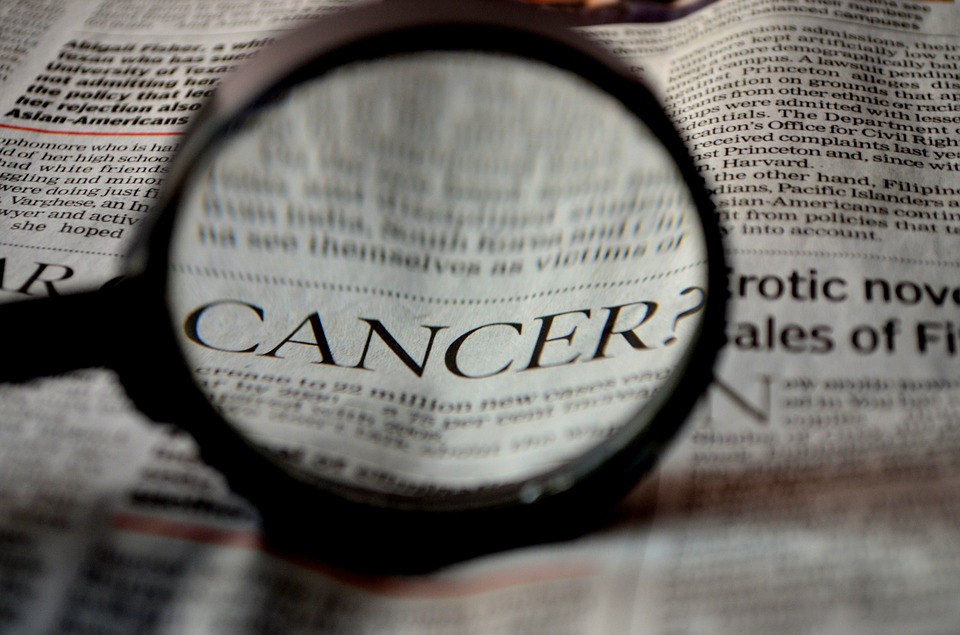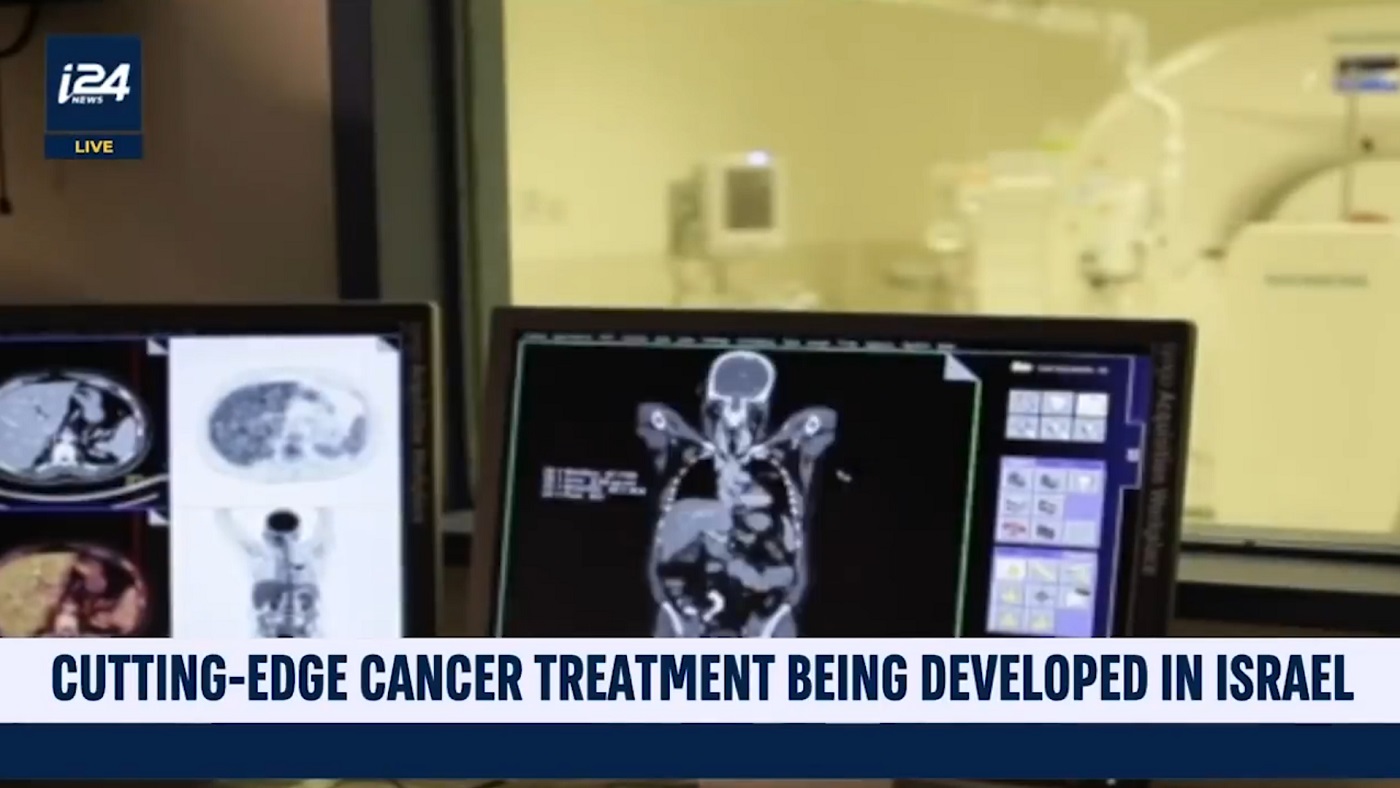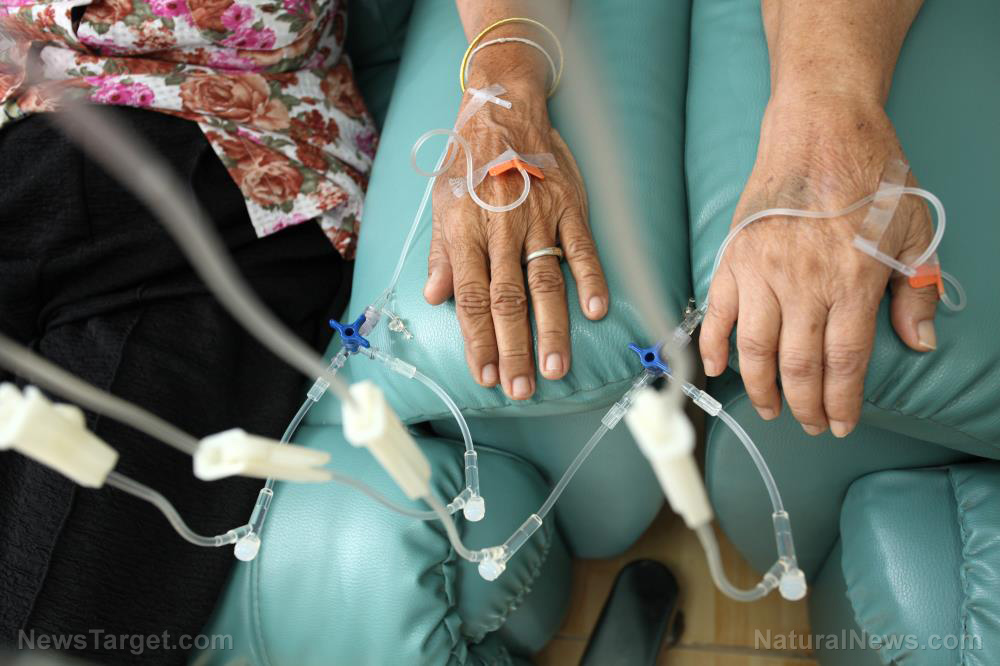Is ginseng a natural and effective remedy for cancer?
04/09/2019 / By Isabelle Z.

When you find out you have cancer, learning that the type you have is treatable can be a huge relief – until you actually go through the treatment and find out what a tough road it is. While you’re certain to be thankful for your life, it’s only natural to wish there was an easier way – and perhaps there could be one soon, thanks to ginseng.
This herb was shown in a recent study to target tumor stem cells, which are the cells responsible for most cancer malignancies. Although they only account for a small fraction of the cells in a tumor, they are a force to be reckoned with: they’re essentially immortal, and they have an uncanny ability to resist conventional treatment.
As if that weren’t bad enough on its own, chemotherapy and radiation sometimes raise cancer stem cells’ numbers as well as their invasiveness. Radiotherapy, for example, has been shown to convert regular breast cells into breast cancer stem cells that are highly malignant. This is the reason behind many secondary cancers as well as deaths in patients.
That’s why it’s so exiting that ginseng can target these stem cells. Although ginseng has been used as a medicinal herb in China for over 2,000 years, we’ve only recently learned that a constituent of the herb, ginsenosides, can inhibit tumor growth. Ginsenosides can also regulate the tumor cell cycle and induce tumor cell differentiation.
In addition, they have the power to stop tumors from developing new blood vessels for the nourishment they need, essentially causing them to starve. The researchers believe that ginseng will likely be used as an antitumor drug for several types of cancer in the future given its many anti-cancer effects and very few side effects.
Ginseng’s anti-cancer properties getting harder to deny
This study is not the first to find ginseng can fight cancer. Ginsenosides have been shown to cause cell death in a variety of cancers, including lung, cervical, prostate, ovarian and breast cancers, along with osteosarcoma, melanoma and hepatocarcinoma. According to a study published in the journal Chemico-Biological Interactions, the metabolite in ginsenosides known as Rg3 reduced the average volume of tumors by a remarkable 40 percent!
Ginseng can help cancer patients in other ways, too. For example, a study published in the Journal of the National Cancer Institute showed that supplementing with ginseng helped cancer patients and survivors who were left sluggish and fatigued from treatment to feel noticeably better, and they enjoyed these effects after just two months. Most cancer patients will deal with fatigue at some point, whether it’s from the stress of their diagnosis, during their treatment, or even well afterward. It’s a type of fatigue that can’t really be resolved simply by getting more rest, but ginseng appears to make a healthy dent in it.
Even if you don’t have cancer, you can still benefit from ginseng. It’s considered beneficial for your overall well-being and can help with problems like headaches and indigestion. It can boost your focus, concentration and cognitive performance, and it can also help prevent Alzheimer’s disease.
However, it is important not to overdo it with ginseng as you could experience side effects such as blood pressure fluctuations. Look for a high-quality organic supplement or tea from a trustworthy source, and don’t take more than the recommended dose.
When it comes to fighting cancer, it’s clear that chemotherapy and radiation leave a lot to be desired. Ginseng’s healing compounds could well be a game-changer in the world of cancer treatment.
Sources for this article include:
Tagged Under:



















